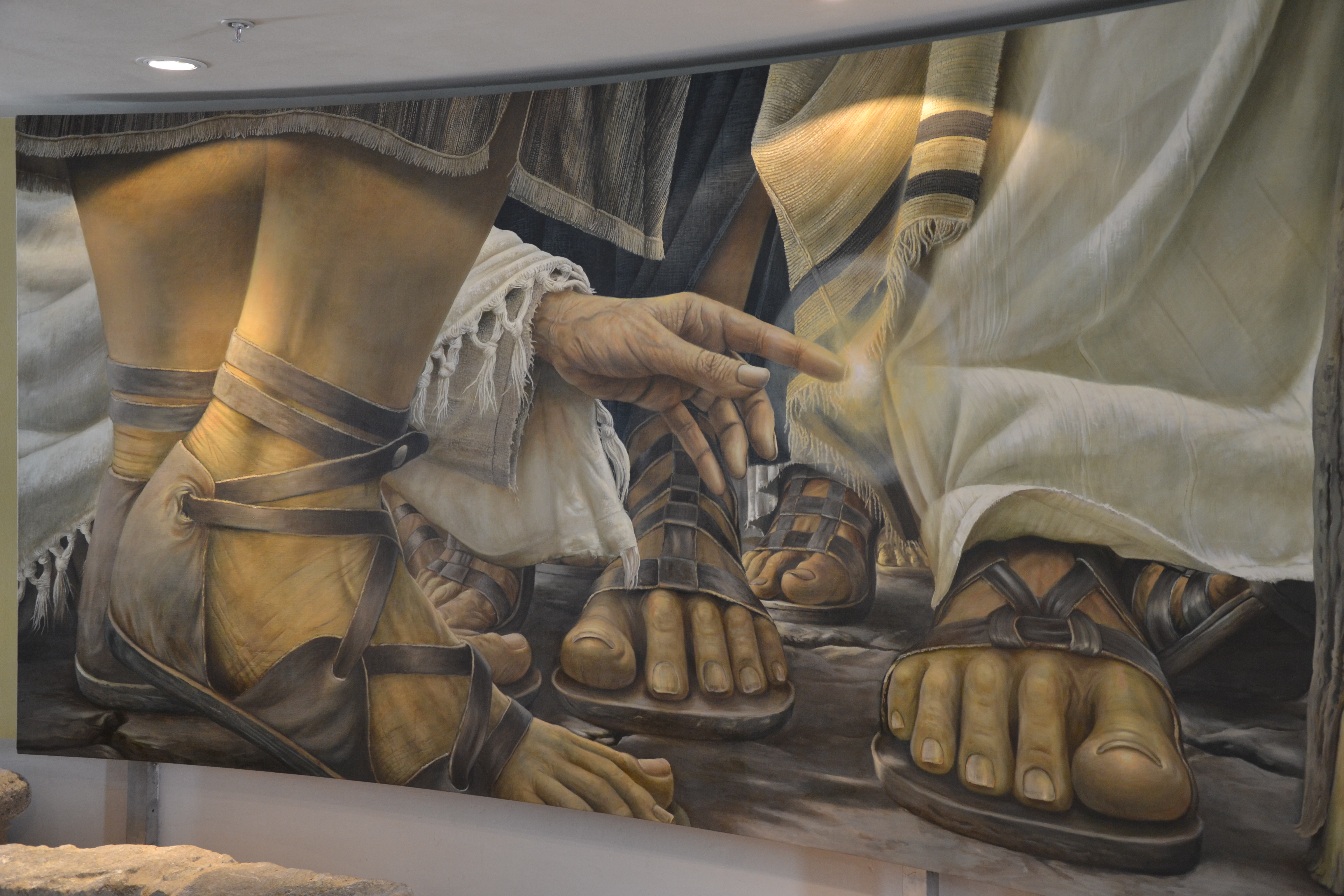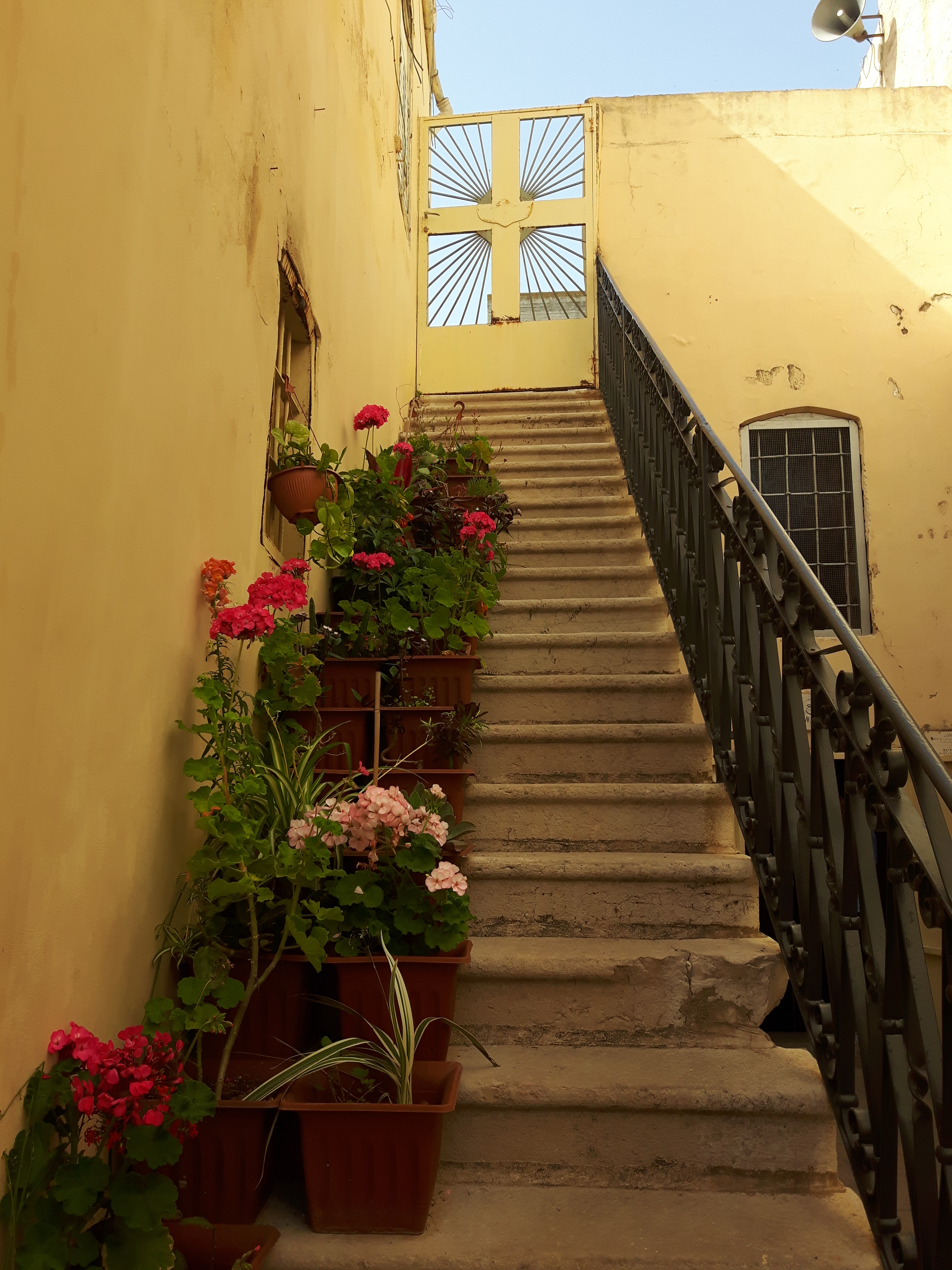What comes to mind when you think of your hometown? Do you have fond memories or mixed? If you have more than one hometown, or maybe even had to flee yours, what stands out for you? What special things has your hometown blessed you with (even the unpleasant or very hard things) that have shaped you?
If you have more than one hometown, or maybe even had to flee yours, what stands out for you? What special things has your hometown blessed you with (even the unpleasant or very hard things) that have shaped you?
Recently I spoke with a couple of colleagues about our hometowns and what these maybe have meant for us—then and now. Between the three of us, our hometowns span three continents. We wondered, how important is the soil and air of one’s hometown? Is home something that is not necessarily tied to a place but is in your heart? Maybe too, when does the place where you’ve lived longest become your hometown, if ever?
I love my hometown, the place of my birth, Vancouver BC.  A lot of people move here but some of us get to be born here (sorry, yeah, that’s the ingrained Vancouver pride, or snobbery—take your pick—we never seem to get over it). The mountains, the ocean, the forests—well, it’s a supremely beautiful setting. Even the coastal rain is worth it, we say (most times)—liquid sunshine, right? After a long journey from the Old World in the wake of war trauma, this lovely city-by-the-sea is where my family planted their flag.
A lot of people move here but some of us get to be born here (sorry, yeah, that’s the ingrained Vancouver pride, or snobbery—take your pick—we never seem to get over it). The mountains, the ocean, the forests—well, it’s a supremely beautiful setting. Even the coastal rain is worth it, we say (most times)—liquid sunshine, right? After a long journey from the Old World in the wake of war trauma, this lovely city-by-the-sea is where my family planted their flag.
I still love my hometown, where my eyes first began to see the world. Again, how has your hometown shaped you? In her poignant essay “Where the World Began,” the Canadian author Margaret Laurence ends her piece this way: “But one thing is inalterable, for better or worse, for life. This is where my world began. A world which includes the ancestors both my own and other people’s ancestors who became mine. A world which formed me, and continues to do so, even while I fought it in some of its aspects, and continue to do so. A world which gives me my own lifework to do, because it was here that I learned the sight of my own particular eyes.” I first read this essay about four decades ago and it happily comes to mind again and again. Maybe it’ll stir you too.
As I’m writing this blog, I’m listening to the steady rumble of the caterpillar machinery next door as it’s removing debris from the knocked-down house of some fifty years ago to make room for the new. A perfect reminder of the changes all around. I’m old enough to enjoy, after a fashion, bi-focal vision: I walk down streets “seeing” all the buildings that once stood along with, in contrast with, seeing what’s there now. (We don’t do “old houses” very well in this “new” part of the world. Is fifty-some old? You tell me.) And, no, I don’t always like it (though I’m sure that the new house next door will be a beauty, and yes, building is what you do with hope for the future). I tell you, even our neighbours had a few tears in their eyes when we watched their old house come down the other day, and we agreed that what matters most is the people. “People are forever,” my husband said as we watched and videoed and chatted. Of course, you need more than bifocal vision to see that people are forever, but maybe bifocal vision is not the worst place to start, saving with the pure eyes of childlike faith.
In this blog, I didn’t really want to talk about my hometown, except for maybe one more thing. While I love Vancouver still, maybe more than ever, I’m also deeply saddened over the rise in violence in many places that has not left my city untouched. Which is worse: the things that ignite crime or apathy over crime? So, as I think of my hometown, and invite you to think of your hometown, all these reflections are really the backdrop to reflections over a hometown that my husband and I visited another May, just four years ago. In that country, I kept wondering when “I’d feel it.” I didn’t at first, but when I did, it came to me like poetry that I hoped to catch. Some of us don’t easily think of ourselves as poets—I’m one of those people. But I love poetry, and sometimes what bubbles up in me feels like poetry and then I just need to obey as best I can. This is one of those ventures. I hastily scribbled my impressions from that hometown on scraps of paper while there, then whittled and filed and polished it on the road, later at home, and then read it aloud and reread (and reread) it aloud before I dared myself to read it for a faculty retreat talent show the end of that summer. Here it is. 
Your Hometown
So this is your hometown,
these the very sun-baked hills you saw every day.
Here your mother lived, your father worked.
Here it all began.
The angel came,
she said yes,
and then you were with us:
our Immanuel.
Here you were a boy at play,
then a youth learning to shape the rough wood smooth,
its stubbornness leaving splinters in your hands.
Here your brothers and sisters grew up too,
surrounded by neighbours friendly and not,
neighbours who all thought they knew you:
“the boy from our hometown.”
Then one day in manhood you spoke the words 
that pierced men’s hearts,
split veneer from motive,
until their marvel turned to rage
and they tried to push you over the brink.
(Which cliff was it now? This town has options.)
But you saw them young and you saw them old,
and all the others that came before and would follow after,
and chose the path marked out for you,
the path so narrow that none other could take,
and on this path you slipped away that day,
out of sight,
far from the maddening crowd,
until another day.
And you knew, oh yes, you knew,
before time began
that we would come to be:
formed, knitted together, and breathing the breath of life,
and one day, this day, walk these narrow winding streets.
You foresaw the three children scampering past,
one calling out to us, “Shalom!”
You foresaw the family giving us the most sumptuous feast 
before closing shop to rush home for Ramadan;
the priest stepping out into the dark street after mass
to ensure we’d find our way in safety;
our sweet hostess serving us bountiful breakfasts
at Mensa Christi Guesthouse, the Table of our Lord.
Oh indeed, every day of our lives
we have sat at Your Table, oh Christ.
And yet, we confess, as if we knew no better,
we ask, Will there be peace one day?
Peace in every language? Truly peace
for every tribe and tongue?
Yes. You say, “Yes.” 
For You Yourself are our Peace.
You will bring the Shalom that cannot be bartered for,
cobbled together, reasoned over.
Not appeasement—no.
(Did Chamberlain really believe he could dance with the devil?
Oh why, why is our cowardice so often greater than our fear?)
When you return, You will do what none other can.
Oh yes!
Yeshua Hamashiach,
Herr Jesus Christus,
Seigneur Jésus Christ,
Doodaatsaahii— 
when you return
there will be
Peace in every language:
Shalom,
Salaam,
Pax,
Friede.
The young Armenian jewelry-maker in Old City Jerusalem
has shivers up his arm at the very thought spoken aloud.
Yes, You Yourself are our Peace,
You, the boy from your hometown.

One more thing. I’d mentioned that I was wondering when “I’d feel it.” It was this. All through Israel that May I wondered when I’d feel Him, you know, really feel His presence in the Land—feel Him more, differently. 
I thought it might be in Jerusalem, but I didn’t. I figured there was something odd about me, and fairly decided that I wouldn’t feel His presence more in the Land than anywhere else—essentially, we can feel His presence everywhere, I know. But then, well, during those days in Nazareth I felt it, yeah, I felt it. Oh, I felt it. 
Dear Readers, here’s hoping this month’s reflection helps you feel the gift of your hometown, the good and the bad, in ways that you welcome. And especially, that you feel His presence more deeply.  Thanks for reading, for listening!
Thanks for reading, for listening!
You can order your copy of Letters to Annie at Amazon, FriesenPress, or through your local bookstore.
Sign up to receive my blog posts on my website:
Follow me on Social Media:
Watch for my June blog: “Blue Irises.”
